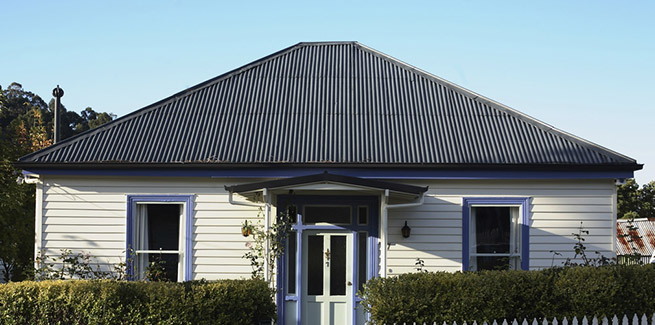According to ME’s latest Quarterly Property Sentiment Report, which is based on a survey of 1,000 Australians, 34 per cent of respondents have plans to buy a home in the next 12 months, while 12 per cent intend to sell and 58 per cent do not expect to do either.
The research revealed that the most likely buyers are those aged between 25 and 39 years (52 per cent), followed by those earning more than $125,000 (43 per cent).
Further, less than half, or 44 per cent, of investors intend on purchasing a home in the next 12 months, amid expectations of a rise in house prices, compared to 38 per cent of first home buyers.
Expected price movements
Expectations for house prices in the coming year remain net positive, according to ME’s report, with 32 per cent of respondents projecting prices will rise, compared to 28 per cent predicting a fall, and 29 per cent expecting no movement.
First home buyers were found to be the most likely to think that house prices will increase, while people in metropolitan NSW, Victoria and Western Australia were more likely to expect a decline.
“Enduring positivity about price expectations is possibly linked to Australians’ long-held belief that property prices will always go up,” ME’s general manager of home loans, Andrew Bartolo, said.
According to ME’s report, 35 per cent of respondents were positive about the property market, 37 per cent were neutral, and 28 per cent were negative.
Younger people were more optimistic towards the property market than older, and investors were more positive than first home buyers and owner-occupiers.
“Positivity among investors and younger groups suggested some people were seeing price falls as an opportunity to buy,” Mr Bartolo said.
The ME general manager of home loans speculated that property sentiment had likely improved since the survey was conducted, with the Labor Party’s proposed changes to negative gearing and capital gains tax off the table, and the Australian Prudential Regulation Authority (APRA) looking to make changes to home loan serviceability that are expected to make mortgages more accessible following a period of tightening.
While 68 per cent of respondents expressed concern over tight credit policies, Mr Bartolo believes APRA’s impending announcement on its proposed changes to home loan serviceability could alleviate some of this concern.
Top worries
Another fear among 62 per cent of respondents was that the value of their property would continue to fall.
However, more than half of investors, or 59 per cent, saw the positive side of declining house prices – namely, that it boosts their chances of purchasing property – compared to 86 per cent of first home buyers.
“Cooling property prices present new opportunities for those trying to get into the market,” Mr Bartolo said.
“If you’re planning to buy, it’s important to think long term and always buy affordable. Consider whether you can comfortably repay your mortgage over the long term regardless of changes to interest rates, your lifestyle, and without having to rely on less dependable sources of income like rent and bonuses.”
The top concerns among investors were around negative equity (53 per cent) and being switched from interest-only to principal and interest home loan contracts (74 per cent).
Further, 88 per cent of respondents consider affordability to be a significant issue.
“People often forget house prices doubled in recent years, so falls of 10 per cent to 15 per cent won’t do much to improve affordability over the long term,” Mr Bartolo noted.
Nearly a third of respondents, or 30 per cent, said changes in house prices have had the biggest negative impact on their willingness to spend on discretionary items like entertainment or eating out, compared to 24 per cent indicating a positive impact.
The most positive impact has been on household savings, with 36 per cent indicating that price movements has had a positive impact and 21 per cent saying it has had a negative impact.
“The negative impact on discretionary spending could flow through to the rest of the economy if it persisted,” Mr Bartolo warned.
“It will be interesting to see if household savings figures start to tick up as a result.”
[Related: Median house prices ‘treble’ over past two decades]
 ;
;
